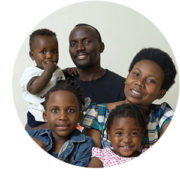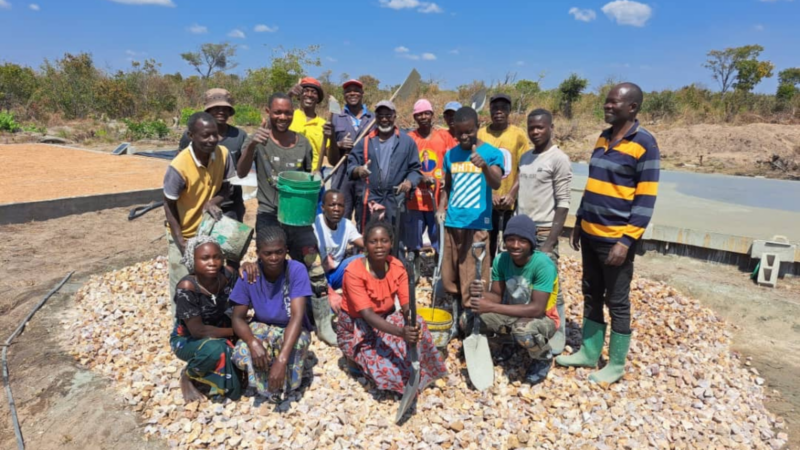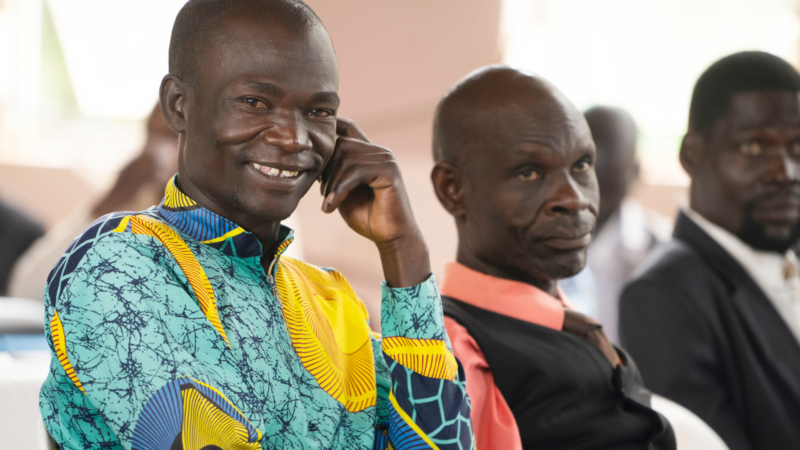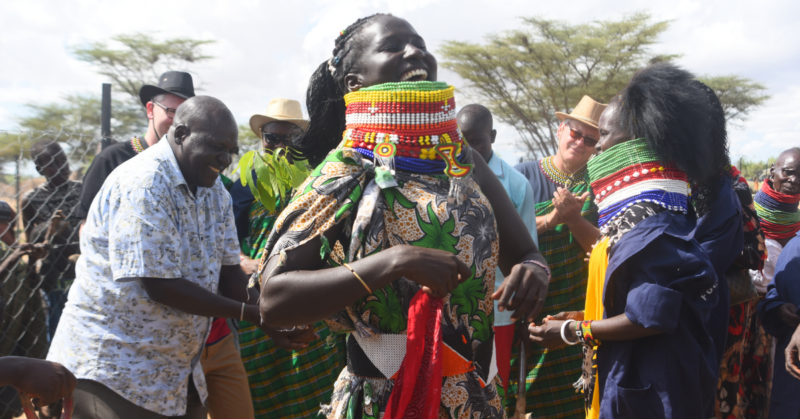Despite the tiring flights from Entebbe, Uganda, to Addis Ababa in Ethiopia, Harare in Zimbabwe, and Lusaka in Zambia, I met a friendly immigration crew at the Kenneth Kaunda Airport. I was not asked too many questions at border control before they wished me a pleasant stay in Zambia. It made me wish that the Ugandan immigration officers would behave the same way. After this long journey and a night of rest, I was headed into the countryside of Zambia the following morning.
Zambia is a peculiar country.
Even in the driest of areas, you could find a waterfall. We drove for many kilometers to get to an arid region surrounded by natural thickets and rocks, only to find Kundalila Falls. It is a wonder to behold that not even my words can express how beautiful it is. Its waters fall smoothly about a hundred feet through the rugged rocks. I heard stories of other spectacular waterfalls all over Zambia, including the famous Victoria Falls on the Zambezi River.
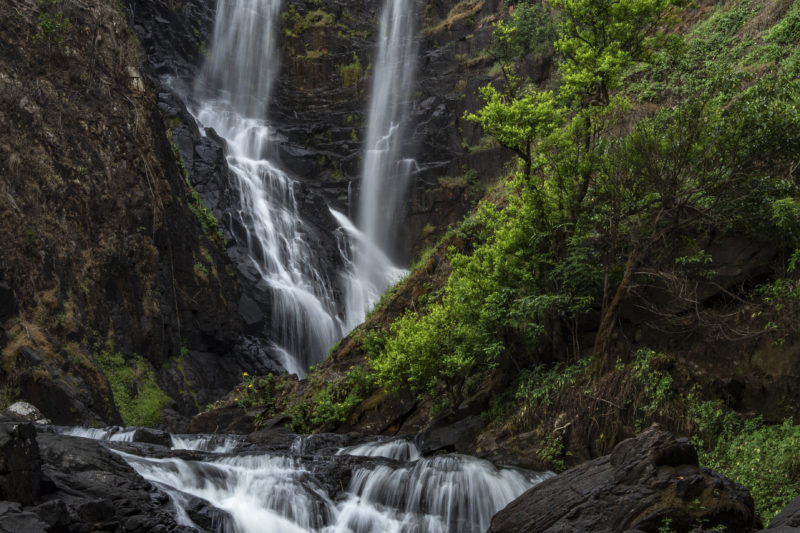
The country has one rainy season a year, which stretches from November to March. The lack of rain means Zambia is dry for seven months a year. The country has limited soil depth in most of the areas, which creates poor workability. These cracking clay soils are less farmable, especially with less water. For example, on Mbabala Island, near Lake Mbangweulu, Bright Hope has faced several problems due to the soils being salty, which has caused problems of acidity and low nutrients. Growing crops there is a nightmare, yet food is needed as the island is home to over 5000 people. The lack of good soil leaves the population starving and relying on the mainland for food supplies.
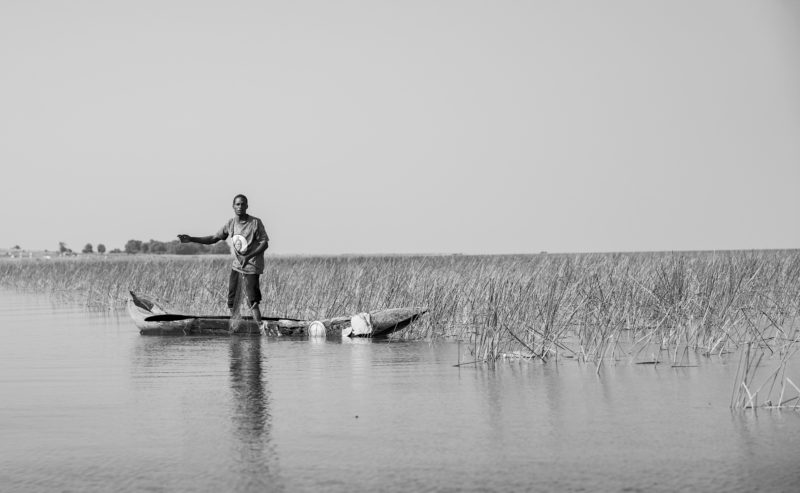
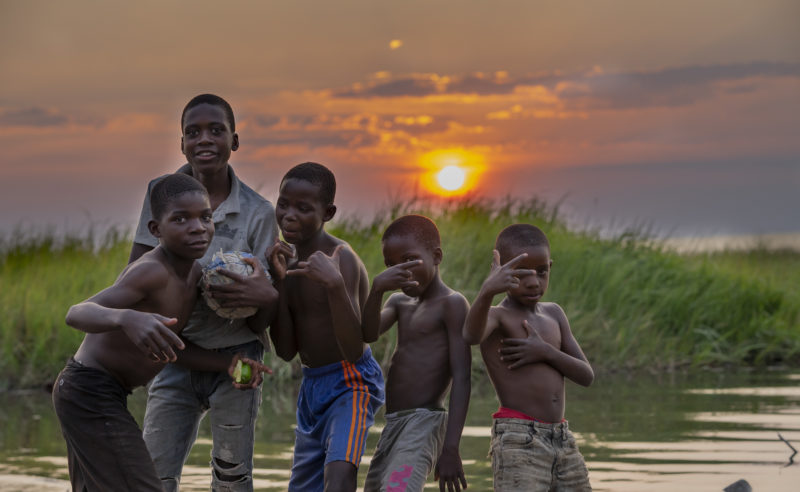
Throughout my entire journey, the resilience of Zambians is what captivated me the most.
Despite poor soil and scarcity of rain, they can grow enough food for their population. Zambians grow so much that the price of maize (corn), the staple food, is low enough to be about 150 kwacha for a sack of 50 kilograms. That would be around $8.8 for 50 kilograms. But of course, you cannot live on maize alone. Along with the maize production, the country also boasts many large, irrigated plantations growing soya beans and wheat.
To sustain those on the island, the Bright Hope team, through the local church, has activated sixteen small-scale irrigated gardens. Each garden has a motorized solar pump that provides water from a drilled borehole. Through Bright Hope, the gardens are a source of food and income generation as an alternative to fishing.
The team has also supported chicken farmers through the local church by providing sixty birds each and a coop to keep their birds safe. In addition, in a symbiotic way, chicken farmers provide manure to the farmers to help the soil of the irrigated gardens in exchange for onions, tomatoes, cabbages, and other produce.
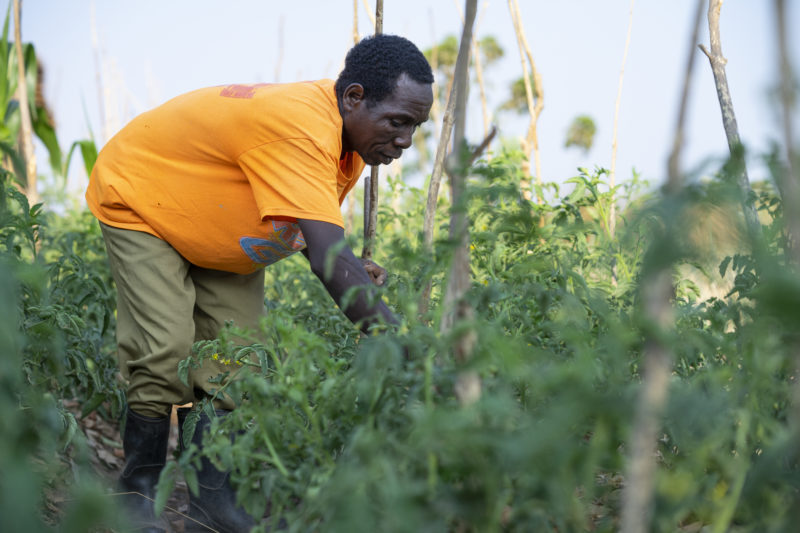
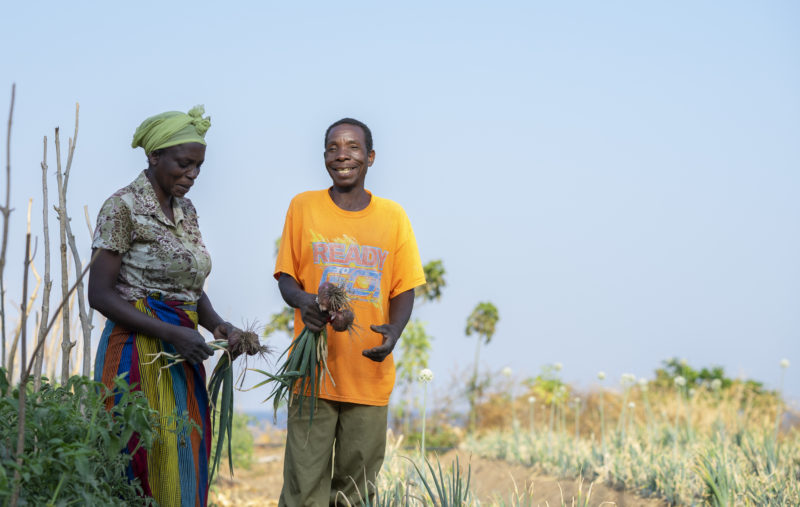
There are many lessons to learn, but as I said, Zambia is a peculiar country.
There you can see churches putting denominational differences aside and coming together to serve the body of Christ. The unity is most evident in Kalasamukoso, where Baptist, Catholic, Anglican, and Pentecostal church leaders have teamed up to help Bright Hope transform their community. I saw individuals with special needs embrace projects that have changed their lives. I met widows with a renewed Hope because they could provide for their families through the chicken project. Lastly, I witnessed the vulnerable smiling, knowing that their church could provide help from the numerous church projects if they were in need.
There are many stories that I can share on the numerous impacted lives; however, I can confidently say there is undoubtedly Hope for today, Hope for tomorrow, and Hope for eternity through the local church’s work.
Read more by Julius Caeser:

